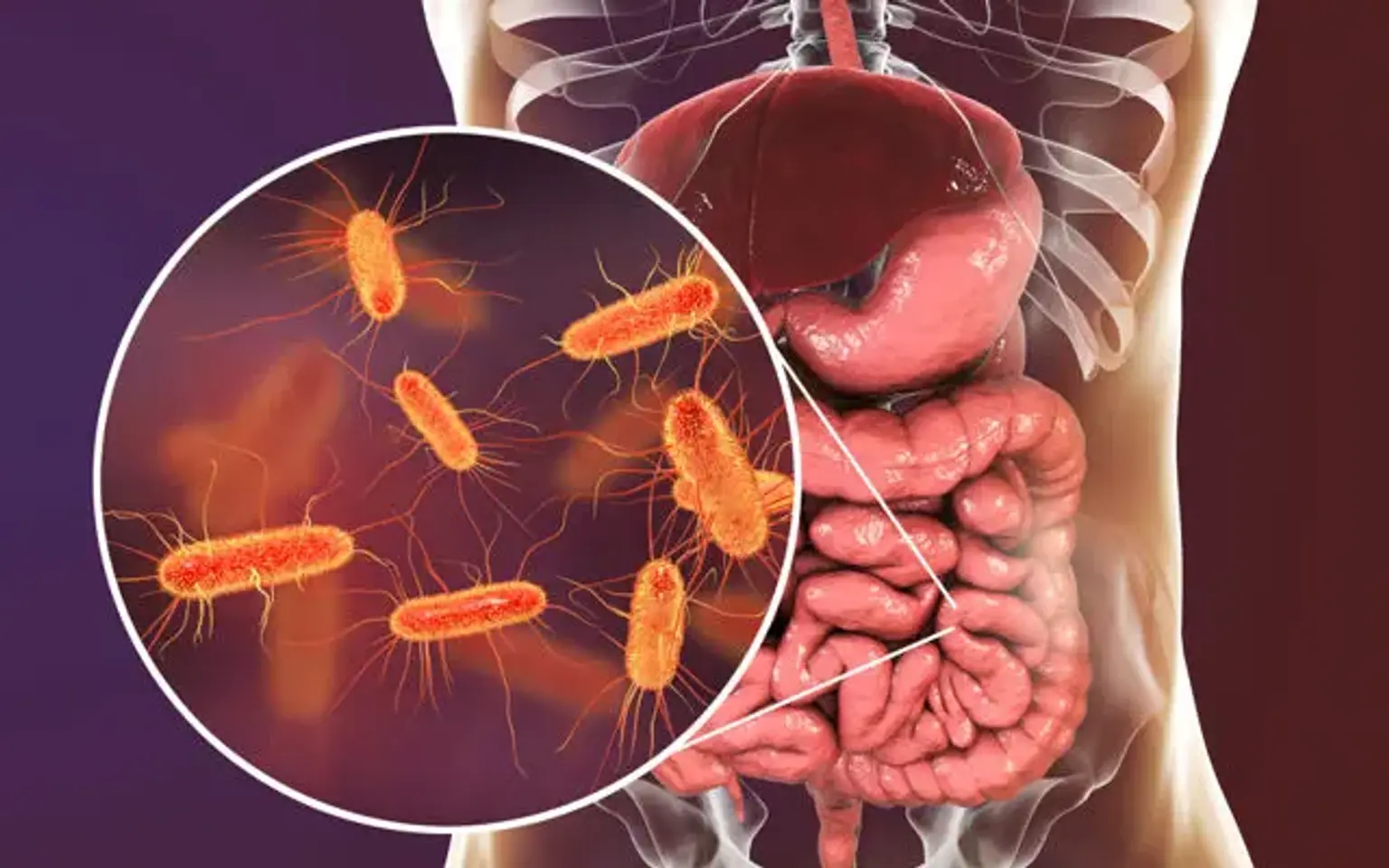Introduction
As we age, facial volume loss is one of the most noticeable changes, leading to wrinkles, hollow cheeks, and a sagging appearance. Fortunately, fat grafting, a non-surgical procedure, has become a powerful way to restore youthful volume to the face.
Fat grafting in Korea has gained popularity due to its natural-looking results and the advanced techniques used by skilled practitioners. Whether you're aiming to restore fullness in your cheeks, smooth out wrinkles, or enhance facial contours, fat grafting offers a safe, effective solution for facial rejuvenation.
In this article, we’ll explore the benefits, process, and why Korea has become the leader in facial volume restoration.
What Is Fat Grafting?
Fat grafting, or fat transfer, involves removing excess fat from one part of your body (such as the abdomen or thighs) and injecting it into areas of the face that have lost volume. This procedure is especially popular in Korean cosmetic surgery for its ability to offer natural results with minimal risk.
Unlike synthetic fillers, fat grafting uses your body’s own fat, reducing the risk of allergic reactions. The procedure is commonly used for:
Restoring volume in areas like the cheeks, under-eye areas, or temples.
Smoothing wrinkles and enhancing natural facial contours.
Offering non-surgical volume restoration, providing a more lasting solution than temporary fillers.
